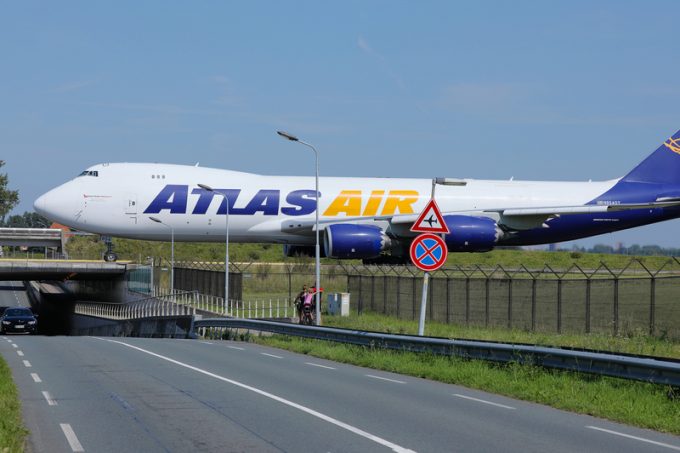The Aerologic is clear as DHL dumps Atlas JV and goes with Lufthansa
Lufthansa – a more comfortable partner for DHL

Atlas Air has locked-in customers at high charter rates for the medium-to-long term, taking full advantage of extremely high air freight rates in the second quarter, and a lack of capacity.
Chief executive John Dietrich reported an “exceptional” quarter, driven by strong demand and higher yields, ...

Comment on this article